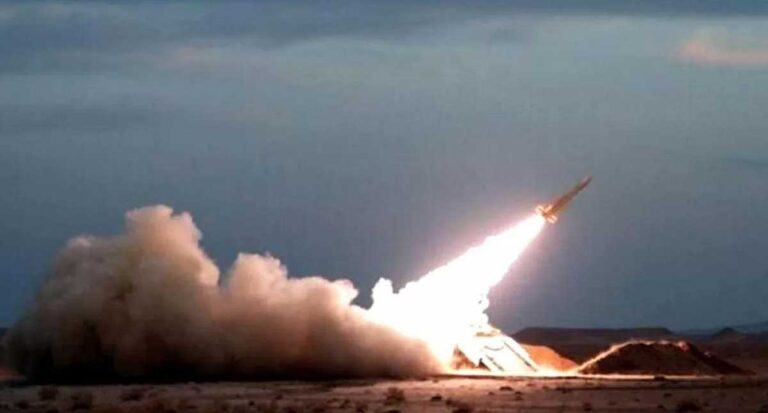In a context of constantly evolving international relations, the imposition of sanctions by one country on another is not simply a punitive measure, but a complex diplomatic tool used to influence policy and behavior. The recent decision by the United States to impose sanctions on four entities that allegedly played a role in supplying “missile application items” to Pakistan’s ballistic missile program has sparked great controversy and debate. The US State Department announced that three Chinese companies and one Belarusian company are supporting Pakistan’s long-range missile development. This move by the United States is not just an unilateral move, but reflects a deeper geopolitical undercurrent.
The response from Pakistan’s Ministry of Foreign Affairs was swift and sharp. A spokesperson for Pakistan’s Ministry of Foreign Affairs made it aptly clear that Pakistan rejects what it considers the “political use of export controls.” Pakistan believes that such coercive measures are not uniformly applied. The United States has waived licensing requirements for certain countries while imposing harsh sanctions on others. Pakistan argues that such dual-sided treatment not only exacerbates military imbalances in the region but also undermines the credibility of the non-proliferation regime.
The core of Pakistan’s grievances lies in how it views the discriminatory application of these sanctions. The Ministry of Foreign Affairs highlighted past cases in which entities were sanctioned based on mere suspicion or involvement with items not on the control list, but were only classified as classified under catch-all provisions. . According to Pakistan, such actions not only call into question the legitimacy of sanctions, but are also often dual-use, meaning that the targeted technology has both civilian and military applications. This is said to hinder socio-economic development.
US perspective: Sanctions as a means of action
From the US perspective, sanctions are a strategic tool aimed at enforcing compliance with international norms, particularly non-proliferation. The US State Department emphasizes that the purpose of these sanctions is not to punish, but to encourage behavioral changes that signal a preference for diplomacy over conflict. According to the United States, the integrity of these sanctions is that they can be imposed and lifted as long as the actors in question comply with legal and regulatory expectations.
However, some believe this approach is a double-edged sword. Shuja Nawaz, a fellow at the Atlantic Council’s South Asia Center in Washington, said the sanctions serve as a “reminder that for every carrot, there is a stick that the United States can deploy.” This duality is evident in recent US efforts to support Pakistan’s economic recovery through various international financial institutions, alongside punitive measures to publicly punish Pakistan.
This situation poses a complex challenge for Pakistan. As Mr. Baloch said, the need for “objective mechanisms” to avoid erroneous sanctions remains important. Pakistan is putting forward discussions that could lead to end-use and end-user verification mechanisms to ensure that legitimate commercial users are not adversely affected by these regulations. This approach suggests that the Pakistani side is willing to engage in constructive dialogue to resolve misunderstandings and ensure that sanctions do not impede legitimate socio-economic development.
The challenge for the United States is balancing strategic interests and diplomatic relations, especially in volatile regions like South Asia. The use of sanctions as carrots and sticks must be carefully managed to avoid alienating key regional players such as Pakistan, which often plays a key role in addressing regional security issues.
The imposition of sanctions on Pakistan by the United States highlights the complex intertwining of diplomatic, strategic, and economic considerations that influence international relations today. As the two countries navigate this turbulent phase, ideally the focus should be on promoting dialogue and understanding rather than escalating tensions. The goal is to ensure peace and stability in the region, which is in the best interest not only of Pakistan and the United States, but also of the entire international community.

